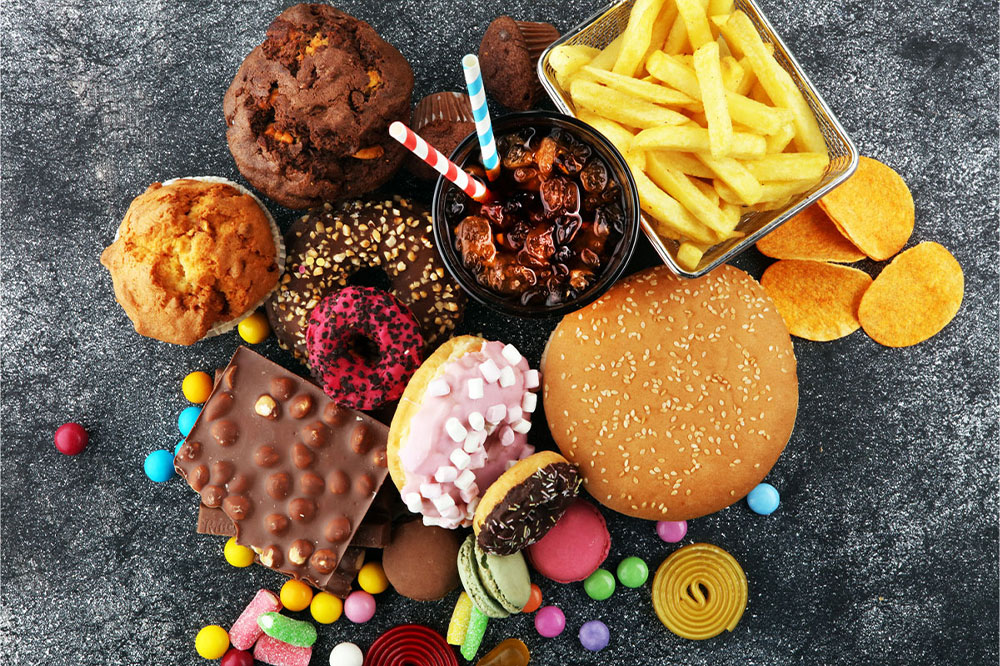4 foods that sneakily spike blood sugar

It might not be the end of the world for people to slip up and nibble on a cookie or grab some chips, which are common contents in the pantry. However, patients with blood sugar issues have to be careful, as too many “unhealthy” snacks can lead to grave consequences, primarily when some not-so-good foods are marketed as the healthiest on the shelves. Here are some surprisingly bad foods for diabetes that need to be avoided.
Nut butter
Peanut, cashew, and almond butter are all considered healthy choices, contributing to some good fats and proteins in the food. They work great as toppings on toast, oatmeal, and shakes. Their high-nutrient profile makes them a safe snacking option for those with various health concerns. However, are they as healthy as they are assumed to be? Consumers need to be careful of the ingredients being included in the packaged food products. Most store-bought nut butters list sugar within the first five ingredients on their list, along with hydrogenated oils. These two ingredients go a long way in bringing down the food’s nutrient profile and can contribute to unsteady spikes in blood sugar levels. Nut butter is therefore listed among the bad foods for diabetes.
However, it is perfectly safe to use natural and organic ones devoid of any added sugars.
Dairy-free milk
Plant milk is an excellent alternative to dairy and can be used safely by people with lactose intolerance. Although, for diabetes patients, these might not be completely safe. Packaged plant milk often contains high doses of added sugar. This undoes all the goodness that the unflavored milk otherwise has. The added sugar is in addition to the already high-carb content of these milk alternatives. Therefore, packaged plant milk is bad for diabetes.
A healthier choice would be picking up unsweetened and unflavored almond, soy, and/or coconut milk. These contain proteins and carbs and are free of added sweeteners.
Yogurt
Yogurt is a staple for many people, irrespective of their diabetic status. The food is said to be high in protein and essential probiotics. These help the gut function better and maintain steady blood sugar levels. But is that still applicable if the yogurt being consumed regularly is full of sweeteners? The quantity of sugar is exceptionally high in low-fat yogurts, as the companies try to make up for the loss of taste. However, that is only true for flavored yogurt. Even when the package says “flavored with fruit,” the fruit can be found at the bottom of the pack in small quantities, dominated by the sweetness that comes from added sugars, meaning that all yogurts except unflavored ones are to be considered bad food for diabetes.
Granola
Granola, a breakfast staple, is ranked among the healthier cereals. Their high whole-grain and low-fat content are testaments to their healthy nature. However, that can just as quickly be canceled out with the amount of sugar present in them. It can be additionally damaging because of the quantity in which it is consumed. It directly indicates the amount of sugar being consumed, leading to an unchecked spike in blood sugar levels. Granola and granola bars are also some of the bad foods for diabetes.



